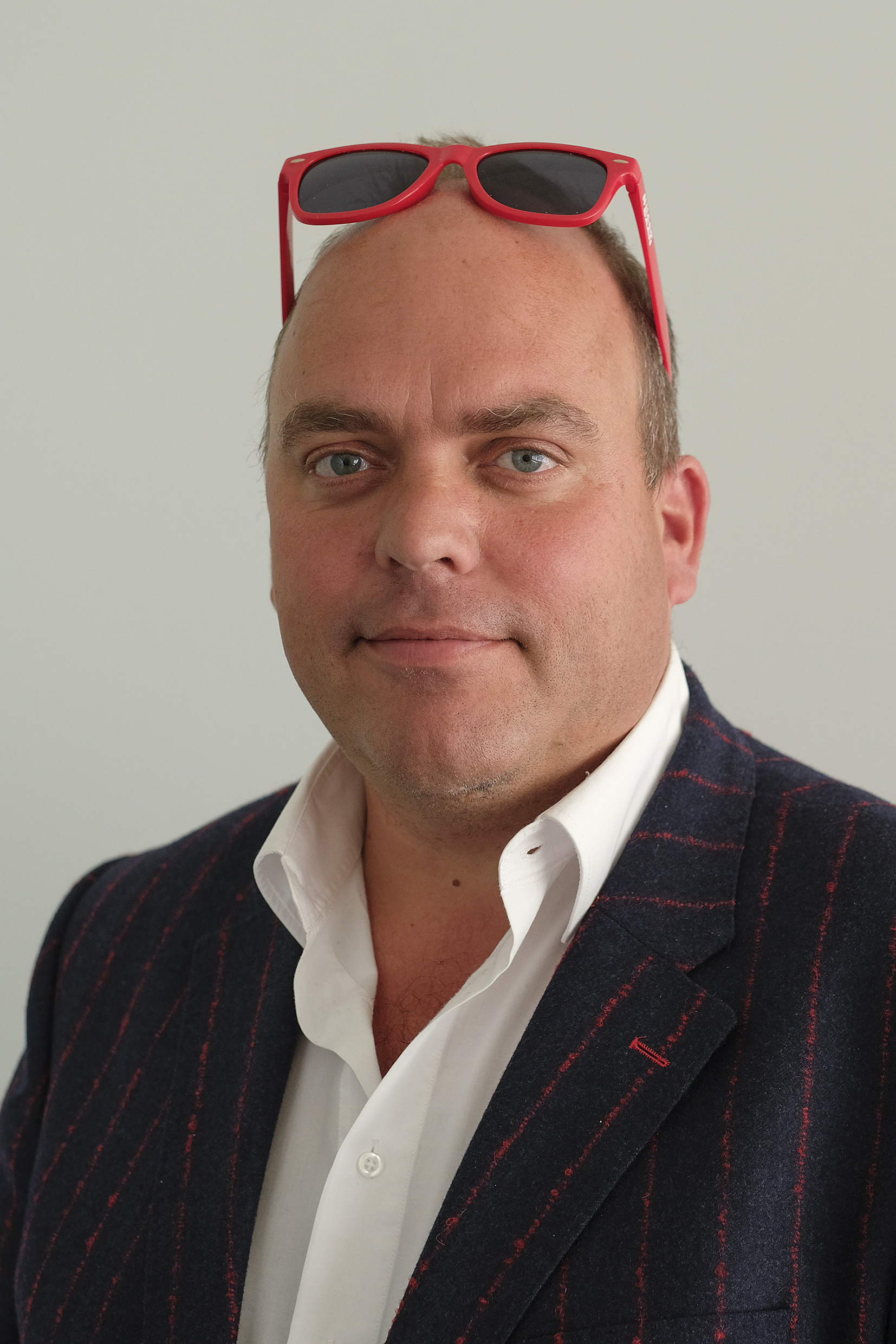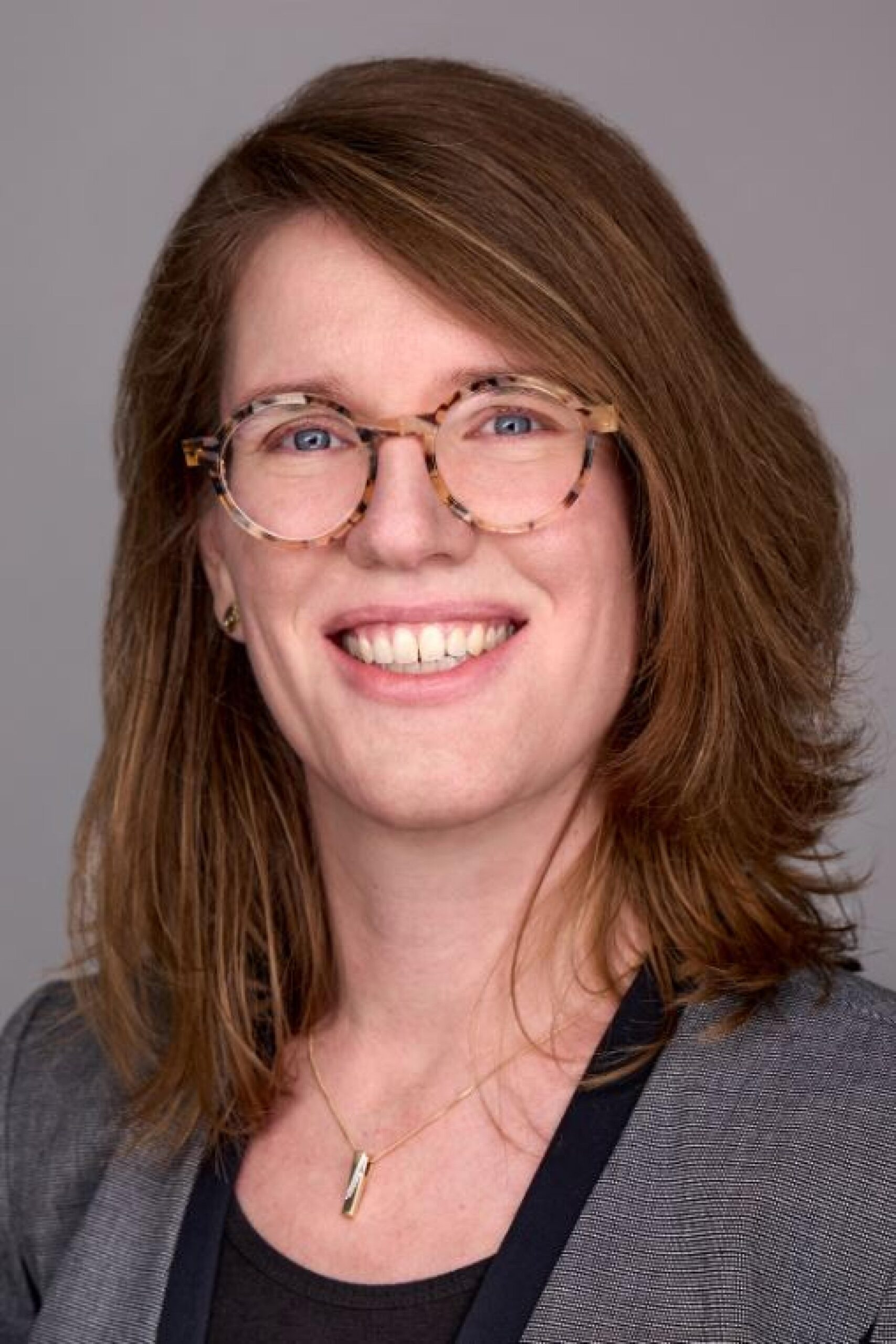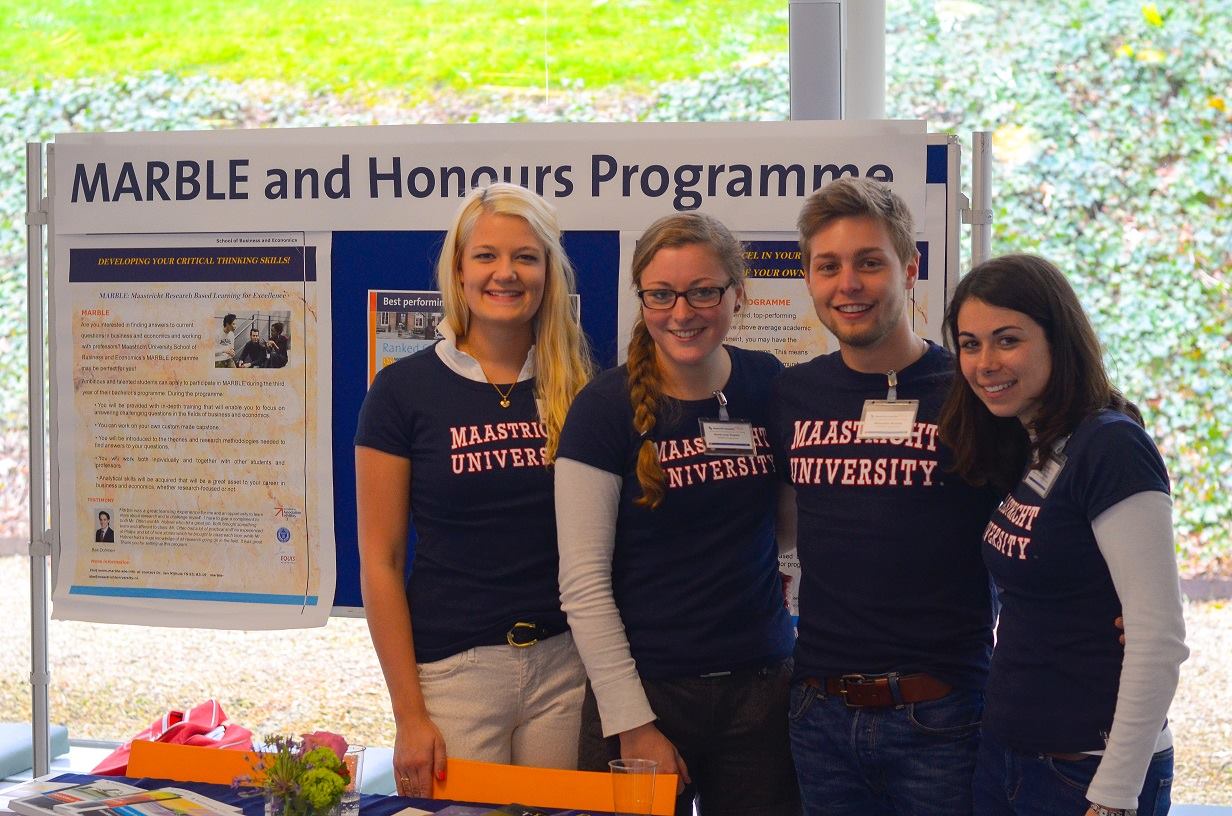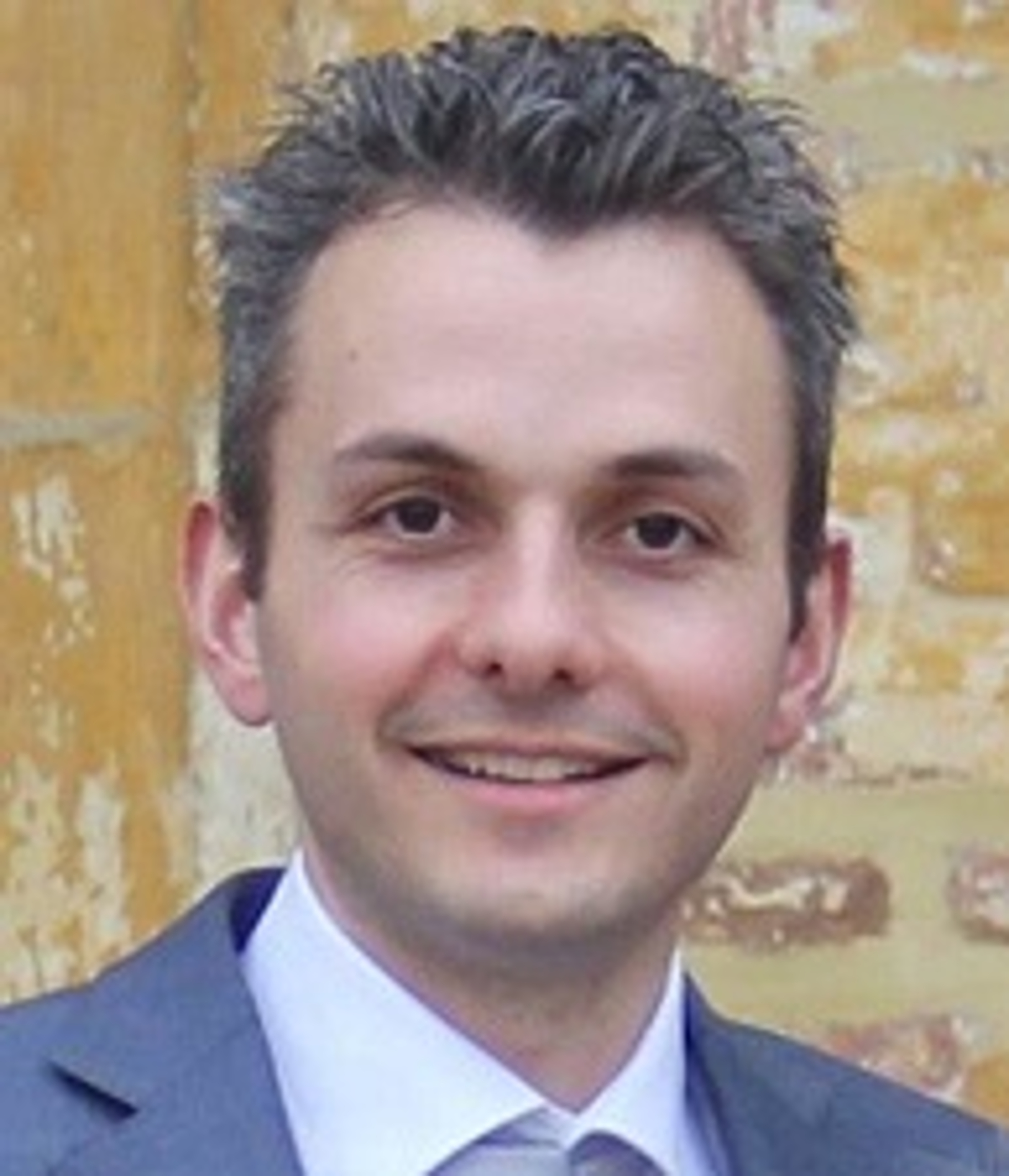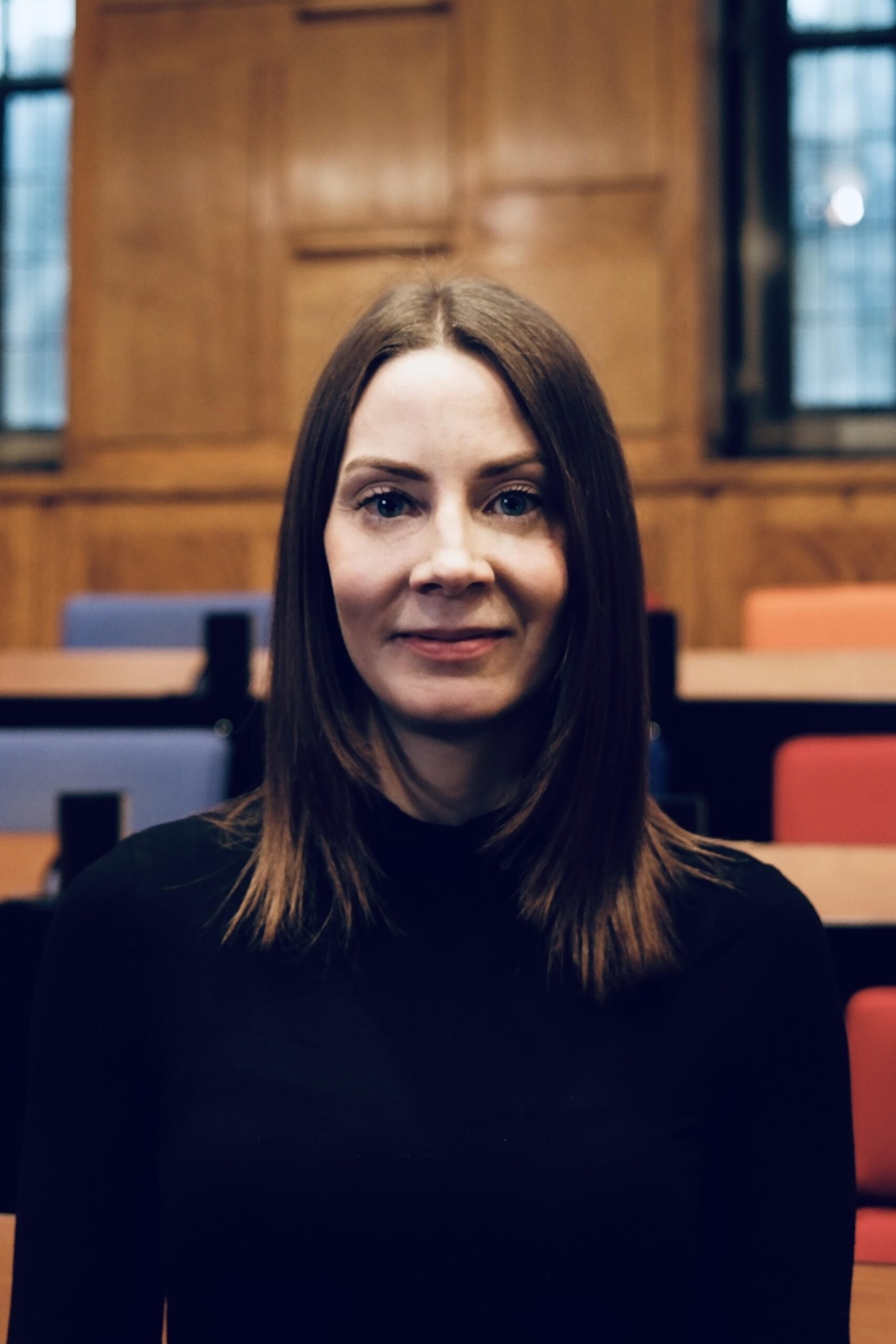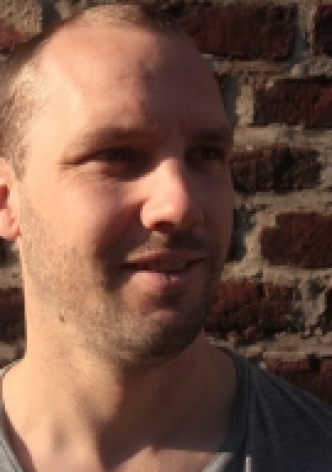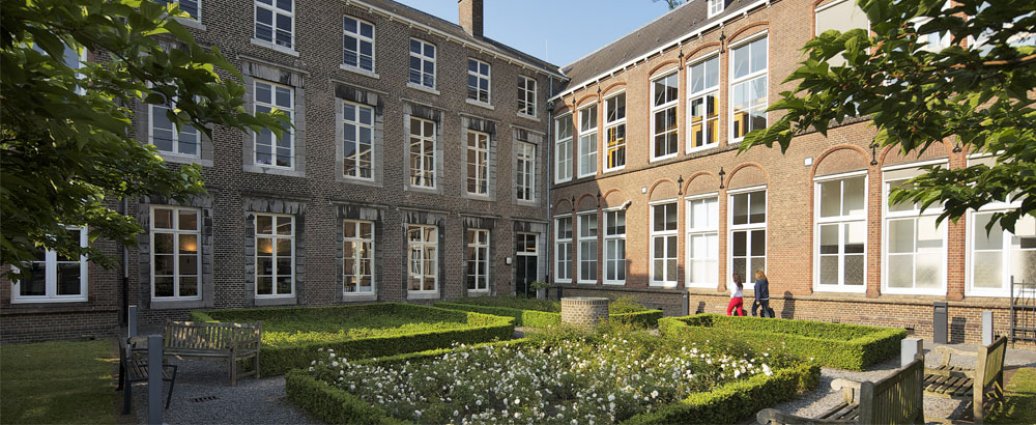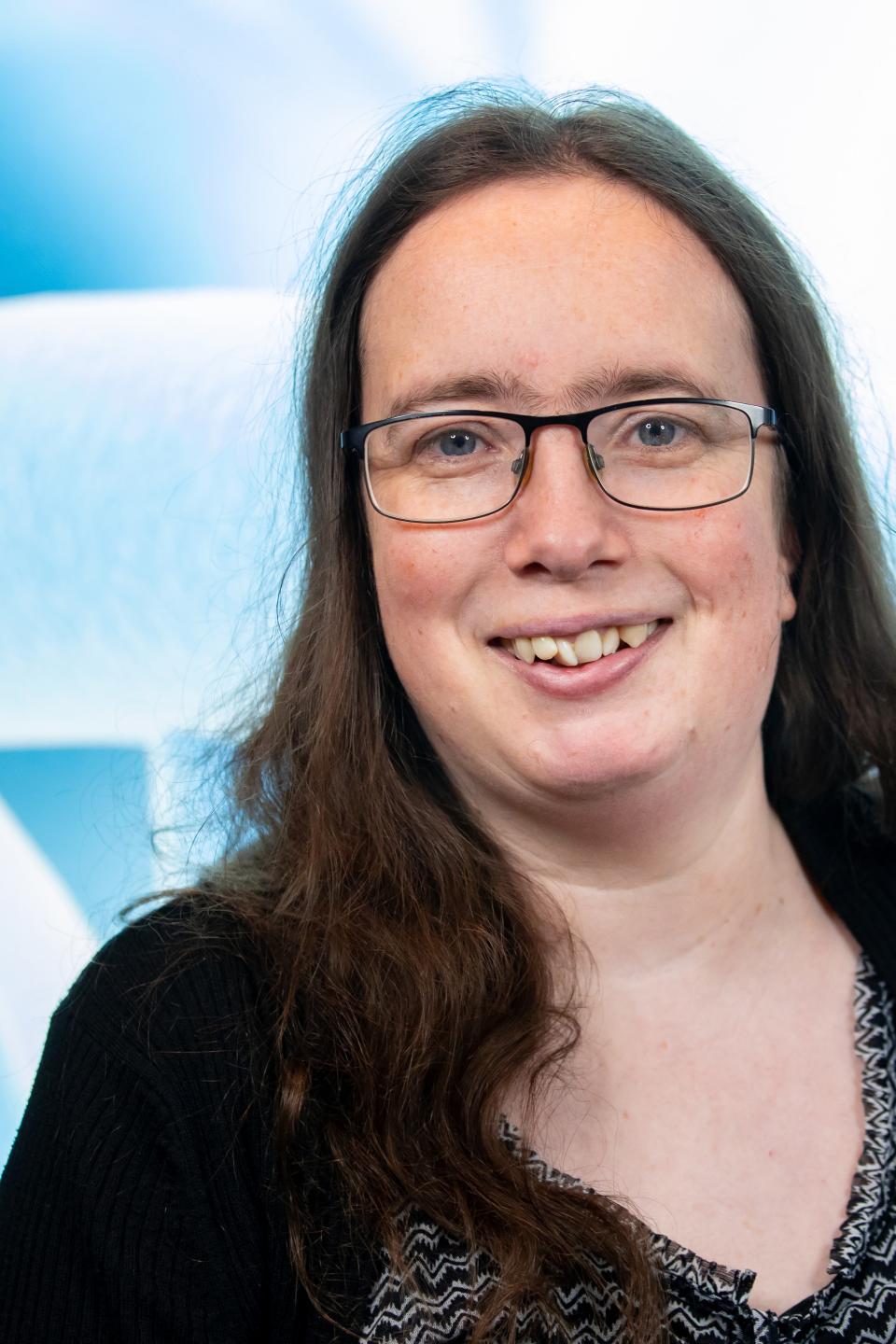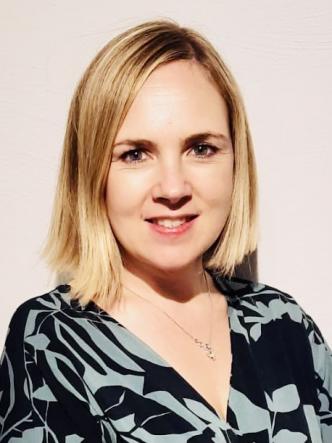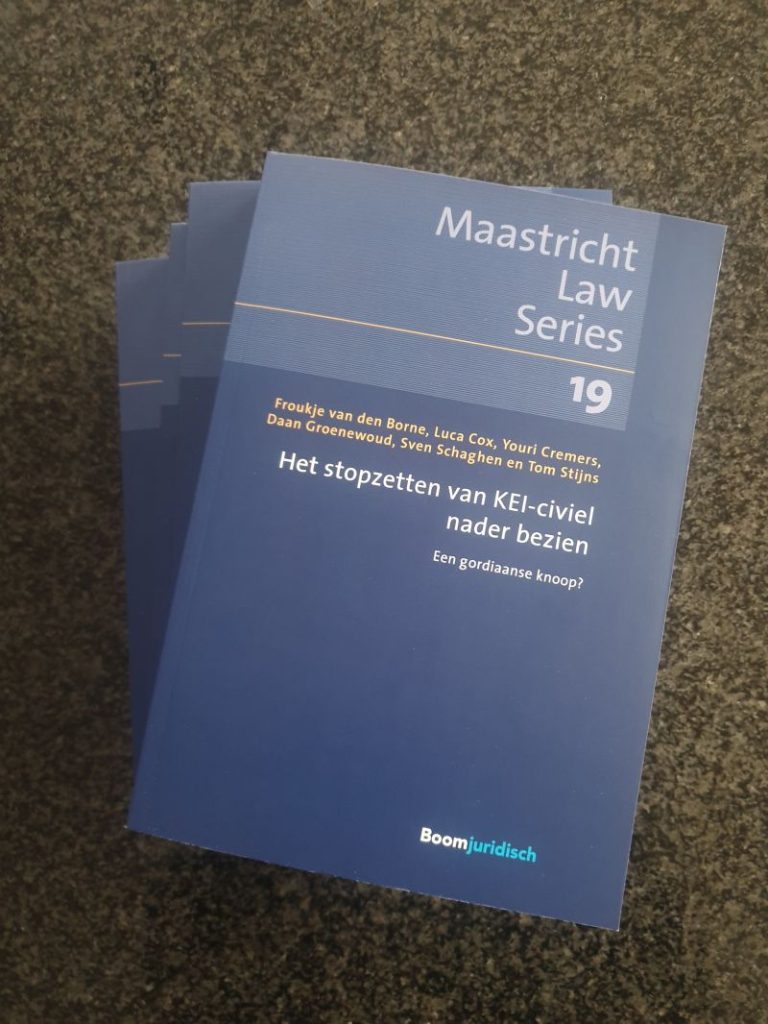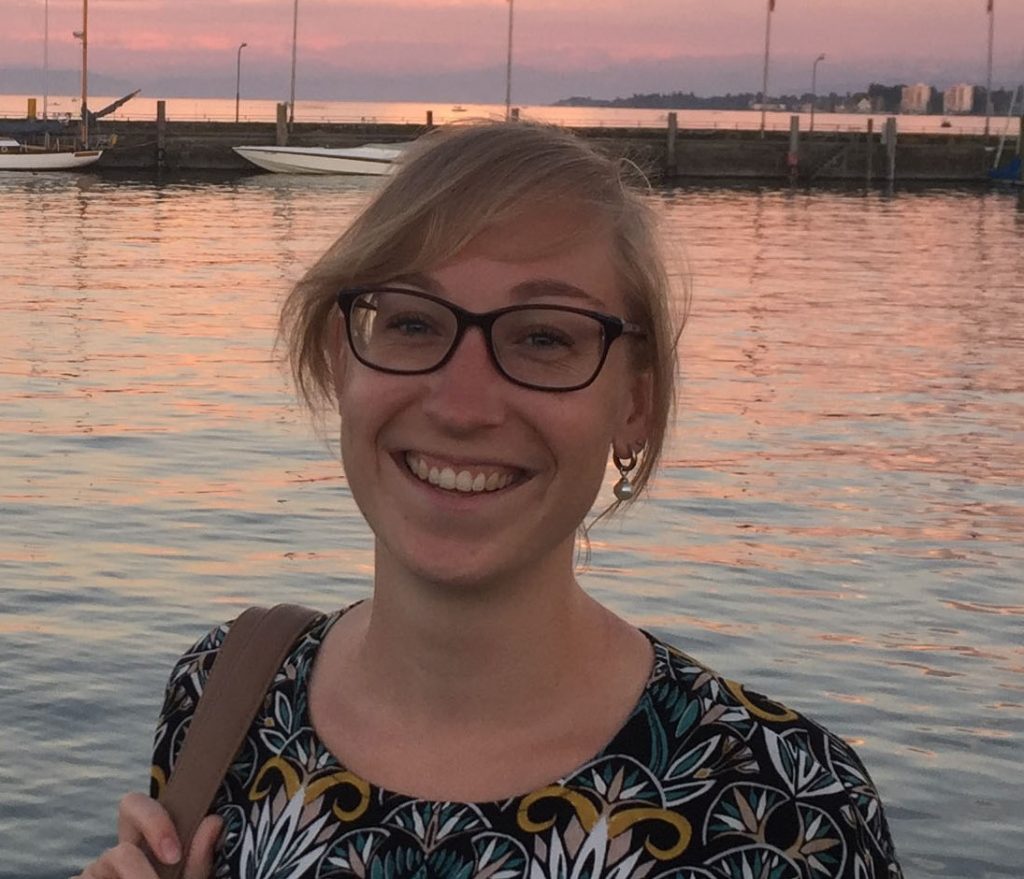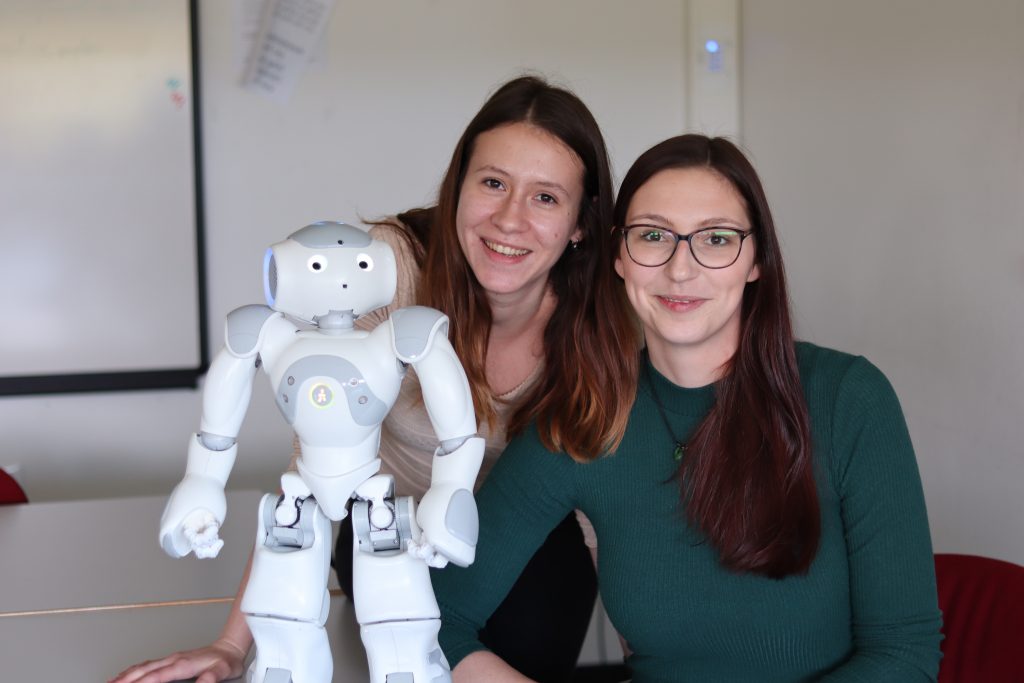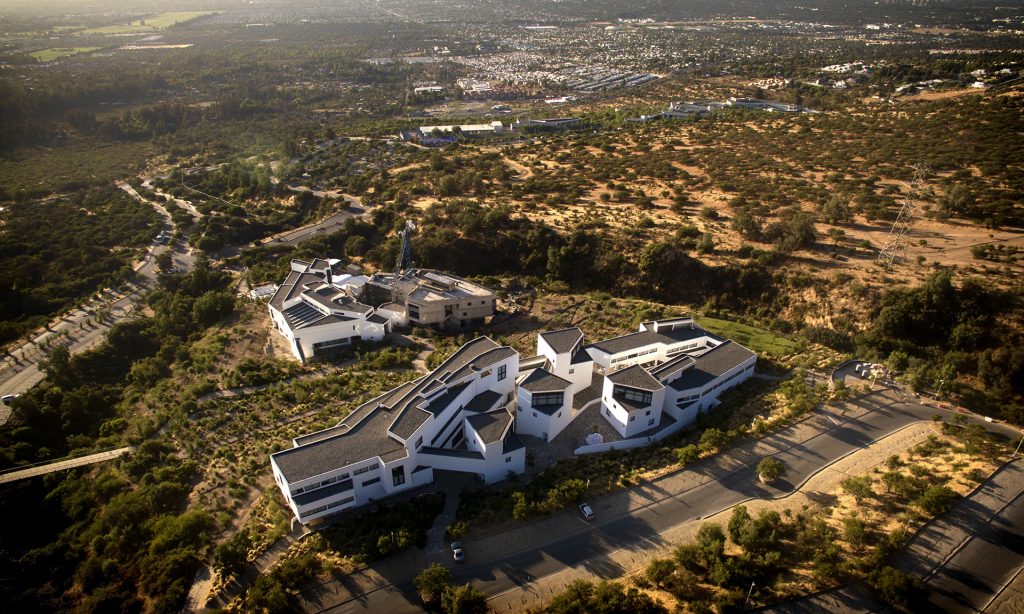MaRBLe
MaRBLe brings multidisciplinary scientific research to the bachelor phase. Based on the concept of Research Based Learning (RBL), MaRBLe aims to introduce Maastricht’s most talented and motivated students to undergraduate research and provides them with the ability to develop and improve their creative and critical thinking skills.
Initially funded by the Ministry of Education, Culture and Science as part of the Sirius programme, MaRBLe has developed over the course of the past years into a great addition to the curriculum at all of our faculties. In MaRBLe, students get the unique opportunity to gain hands-on experience with various aspects of academic research.
MaRBLe is:

Enabling highly motivated and capable students to focus more in depth on academic research.

Executing a challenging research based project.

A community of (former) MaRBLe students to start your network

A valuable addition to your education, a form of undergraduate research.
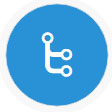
Teamwork in groups originating from various teaching programmes
MaRBLe alumni about MaRBLe
“Since the very beginning of my studies, I developed a deep passion for Quantitative Methods. It was not until my exchange semester at UC Berkeley, however, that I discovered how the sound use of statistical concepts can provide solutions for the most pressing challenges of our time. Back in Maastricht, I was delighted to join the MARBLE program which gave me the opportunity to conduct my own research. Thanks to the MARBLE program, some old statistics books and while standing on the shoulders of giants, I made it to the national Student Research Conference where I will present my findings to a panel of professors from all Dutch universities.”
Ufuk Altunbüken (SBE)

Isabelle de Coninck (FASoS)

“PBL teaches you to read better and think more critically, MaRBLe adds another dimension to that. You don’t just follow the research topic set by the course like you usually do in class, but actually get to design it all yourself from start to finish.
MaRBLe also gave a chance to build a network of people with the same interests and motivations. I am much more inclined to add someone on platforms like LinkedIn that I met during MaRBLe than other people I studied with, the experience bonds you.”
MaRBLe at your faculty
Maastricht University offers talented and motivated third-year Bachelor students the opportunity to conduct their own research within a Research-Based Learning (MaRBLe) project. The MaRBLe program offers students the opportunity to earn half of the credits for their elective courses (12 from 24 EC) by doing an independent research project and writing it all up in an empirical bachelor’s thesis. Students in the Marble program are required to devote a large part of their elective space in the third year to a research internship and the writing of an empirical bachelor’s thesis. During this period they are expected to work through the complete empirical cycle of academic research under the supervision of a senior scientist (someone with a PhD who is active in research).
Procedure
Students who are in the top 20% of their cohort are invited, other students can apply in a dedicated motivational selection round. The annual selection takes place in May. Each year, between 40 and 60 students are selected. About a third of these students combines their MaRBLe project with study abroad.
Due to (administrative) reasons, there might be situations where you inadvertently did not receive an invitation, for instance:
– You have submitted a catch-up assignment that has not been assessed.
– You have an exemption for one or more courses
If this is the case, you can send a correction request to marble-fpn@maastrichtuniversity.nl.
The second round is open to all other second-year Bachelor students. A motivation letter and a recommendation letter from your research practicum supervisor are needed to take part in this round.
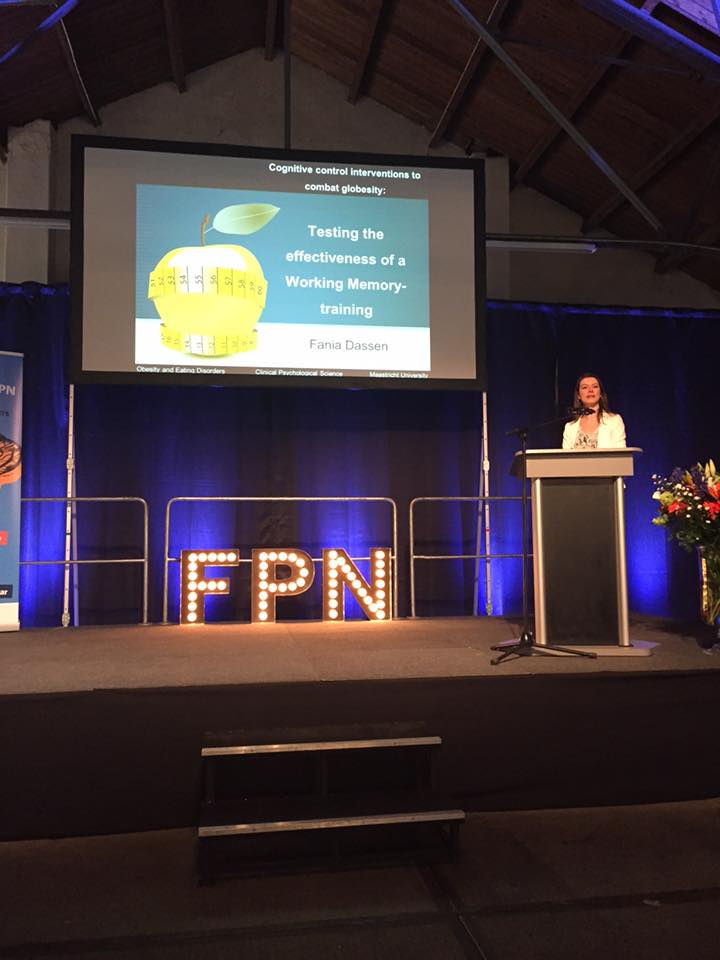
Programme outline:
The track is integrated into the regular curriculum. It consists of regular courses, the Marble research course, and the bachelor thesis. In addition, you have meetings with your supervisor and join the MaRBLe workshop.
Accomplishments of MaRBLe:
Sample research results and topics
E-Journal Marble series
Eligibility and admission:
To apply for MaRBLe you must meet the following requirements:
- You have completed all courses up to Period 3 in Year 2
- Prospective Cum Laude student: GPA ≥7.5 based on all courses up to Period 3 or 4 of Year 2
- You have to submit a letter of motivation in English (max. 1 page A4, no formal requirements)
Students will be selected on the basis of their grades and letter of motivation. Honours students are automatically selected.
How to apply?
Send an e-mail with your name, student number, and your letter of motivation to Christian Seel (c.seel@maastrichtuniversity.nl)
Introduction
Maastricht Research-Based Learning, MaRBLe for short, is a Maastricht University wide programme for talented and motivated 3rd-year bachelor students. Within the program multidisciplinary scientific research performed by bachelor students is broad together
based on the concept of Research-Based Learning (RBL), MaRBLe aims to introduce Maastricht’s most talented and motivated students to further prepare their undergraduate thesis project to be presented at a scientific conference. The programme is now entering its 9th year with a larger than ever, number students ready to present their thesis project at the annual Dutch National Student Conference.
Content
To be able to study and work in an academic setting and to allow evidence-based handling in your future profession it is essential to not only master certain topical knowledge and understanding, but to also develop a set of skills, referred to as academic skills. Communication is a primary example of an academic skill. Clear and concise written and oral communication is a prerequisite to communicate with peers in the academy. Students need to be able to orally present their research but also need to develop their critical thinking during class and in smaller group discussions and be able to communicate their thoughts and reasoning to peers and other stakeholders in the research field.
During this extra-curricular MaRBLe course, a series of learning activities and assignments are scheduled to further train your academic skills. These activities/assignments relate directly to the bachelor thesis project you are currently working on. Throughout the MaRBLe course students will follow series of lectures, assignments and workshops in which they learn to improve how to communicate their research through effective abstract writing, presenting the research topic to a mixed audience and discovery of personal competencies.
Overview of academic skills embedded in this course:
- Writing a scientific abstract
- Oral presentation of a research topic
- Providing feedback to your peers
Upon successful completion of the extra-curricular MaRBLe course you will receive an additional MaRBLe certification with your Bachelor degree (there are no separate ECTS credits for this course).
- Timeframe: April-June
- Number of students: 20-25 students
- Application: Students who are in the top 5% of their cohort will be invited to write a personal motivation letter to join the program.
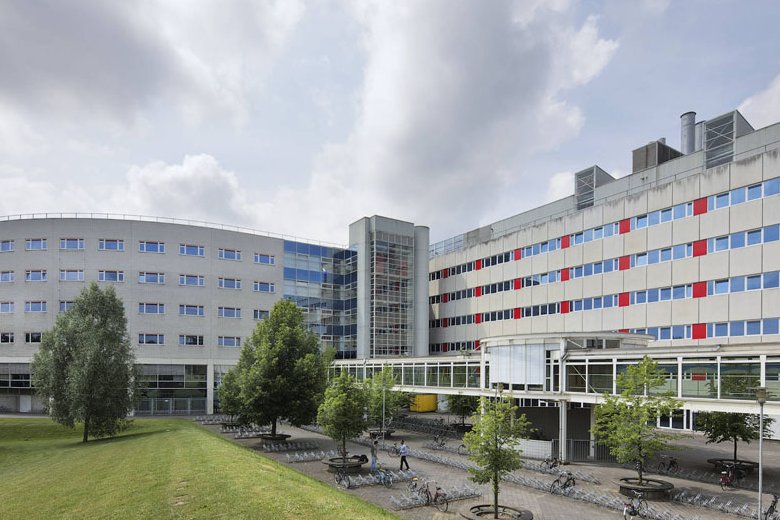
Are you a third-year bachelor student looking for a new challenge?
Are you interested in learning how to do research at an academic level?
Are you able to approach issues both in a creative and critical manner?
If so, then MaRBLe may be the thing for you!
Selected students are offered the opportunity to learn about conducting research and to acquire new substantive knowledge by doing research, as opposed to taking traditional classes. In other words, MaRBLe has a hands-on approach: while participating in a MaRBLe project, you will learn about the research process, research methodology and the dissemination of research results, as well as obtain in-depth substantive knowledge. MaRBLe is offered in the form of projects that focus on a theme or method that is not generally addressed in the regular curriculum, that is current and topical and/or multidisciplinary. By participating in a MaRBLe project, you are involved in a core task of the university: research.
In each project, attention is given to research methodology as well as the specific theme under investigation. In general, the project starts with group meetings in which you explore the subject-matter and/or methodology under the guidance of the supervisor and/or guest speakers. As the project progresses, the focus turns more towards your own research as you develop the contours of your own research project. Throughout, you will be given the opportunity to share your experiences with the other students in your project group, to discuss the progress of your research and the challenges you encounter, as well as to provide and receive feedback on proposals, drafts, and presentations. The project culminates in a final paper, which may even be published in the Marble e-journal and presented during a public workshop or roundtable.
The projects are supervised by researchers in the faculty who will guide and support you while you explore the substantive topic and develop your own research project. The project groups usually have 5 -12 participants.
The MaRBLe programme runs twice a year.
MaRBLe projects in semester 1 will commence in period 1 and run through until period 3; second-semester projects will run from period 4 to period 6.
Please click here for more information about the MaRBLe projects in semester 2. The projects for semester 1 will be published in May.
Who can participate?
Participation in MaRBLe is open for students in the third year of their bachelor studies who meet one of the following requirements:
- participate in the Maastricht University Law College (UMLC)
- belong to the top 25% of their cohort (in general, this means they must have a GPA of approximately 7,5) or
- who demonstrate exceptional drive and commitment to participate in research-based learning
To be admitted to the MaRBLe programme, you need to submit an application in accordance with the instructions below.
How can you apply?
You can apply to the MaRBLe programme by sending an email to honours@maastrichtuniversity.nl. The application should include a short statement of one page explaining why you would like to participate in the MaRBLe programme in general and which MaRBLe project you are applying for. You should also include an overview of your grades from the Student Portal and a C.V. You should state which project is your first, and which project is your second choice. The projects might be over- or under registered. For some projects, you may be invited for an interview before a decision is taken on your application.
What is the study load and how many credits can be earned?
The study load for participation in a MaRBLe project is 18 ECTS (486 hours) spread over one semester. Upon successful completion, you earn 18 ECTS. Of these 18 ECTS, a maximum of 12 credits will be awarded within your regular bachelor programme, and six credits are awarded as extra-curricular credits, reflecting the excellence character of the MaRBLe programme.
The 12 credits within your bachelor programme may replace your bachelor essay or two electives. For UMLC students, the six extra-curricular credits will count towards your UMLC programme credits.
Successful participation in the Marble project will be mentioned in a special certificate you will receive with your diploma.
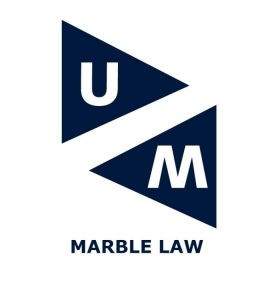
Around May, FASoS students will receive an email about the projects, procedure and exact deadline. Students belonging to the top 25% of their bachelor programme will be invited to participate and can register their three preferences along with a brief motivation online. The project also offers exceptions to highly motivated students who can submit their preferences along with a motivation letter. If you are a student from a different Faculty and would like to participate, please contact the coordinator. All preferences ought to be submitted before June 3rd.
- Timeframe: 2nd semester;
- Number of students involved: 60-80 students;
- Number of projects involved: 10 projects;
- 6-12 Students per team;
The Department of Advanced Computing Sciencesoffers its most talented students the possibility to gain even more in-depth knowledge by completing their study programme with an additional honours programme.
This DACS Honours Program consists of two different tracks: a research-oriented track (MaRBLe) and a practice-oriented track (also known as KE@Work and CS@Work).
In the research track of our Honours Programme, students get the opportunity to work on a state-of-the-art research project. Work will be organized in a similar way as in professional research institutes where students work together as individual experts on a team project. Each student specialises in a task, will get assigned a team role and receives a self-contained research project. Together they will be working towards a common demonstration where individual research projects integrate towards a journal publication. For the individual subprojects, each student receives an individual supervisor from DACS.
MaRBLe is a form of RBL, Research-Based Learning. In RBL, learning is based on research that students do themselves, rather than being dependent on research done before and by others.
Small groups of students will conduct research under the guidance of a senior researcher. They will act as a group but engage in individual work as well. MaRBLe offers a unique opportunity to develop one’s own research topic within the context of a pre-defined research program. In this way, student researchers will make an actual contribution to ongoing research and will experience first-hand what is involved in doing research. During the project, specific skills will be addressed at the appropriate time: e.g. problem analysis, writing a proposal, data selection, and analysis reporting and presenting.
Course objectives
MaRBLe brings multidisciplinary scientific research to the bachelor phase. It is a semester-long 3000 level research program carrying 10 ECTS. Please beware that it is not possible to do multiple MaRBLe projects, unless you receive special permission by the Board of Examiners.
MaRBLe encompasses the two Skills and one Project offered during a semester. In most MaRBLe projects, the first-course period will be mainly dedicated to an introduction into the specific field and related methodologies, and a research plan or proposal will be written. During the second and third period, the students will engage in their own research, while staying in touch with the other members of their group to discuss progress and challenges. At the end of each semester, UCM will organize a symposium during which all participating students will present their research to their fellow researchers and the larger UCM community.
Prerequisites
NB: Exchange students who are interested in doing the MaRBle project can only apply if they stay for a full year and then only in their second semester.
More than anything else, the MaRBLe undergraduate research program is aimed at students with a great appetite for learning and research. Students should ideally have a progress rate of ≥0.9, and a grade average of ≥7.5.
In addition, specific courses may be required for particular projects (these prerequisites will be mentioned in the announcement of offered projects). At least as important as these ‘technical’ requirements, we expect students who apply for MaRBLe to be motivated and to have a clear idea on how the project they apply for fits into their individual UCM curriculum.
The deadline for MaRBLe applications is identical to the UCM course registration deadline.
Students have to apply via a separate form (on the UCM intranet) and will also have to include a letter of motivation, and if eligible, can be invited for an interview.
All MaRBLe related questions and requests can be send to ucm-marble@maastrichtuniversity.nl

